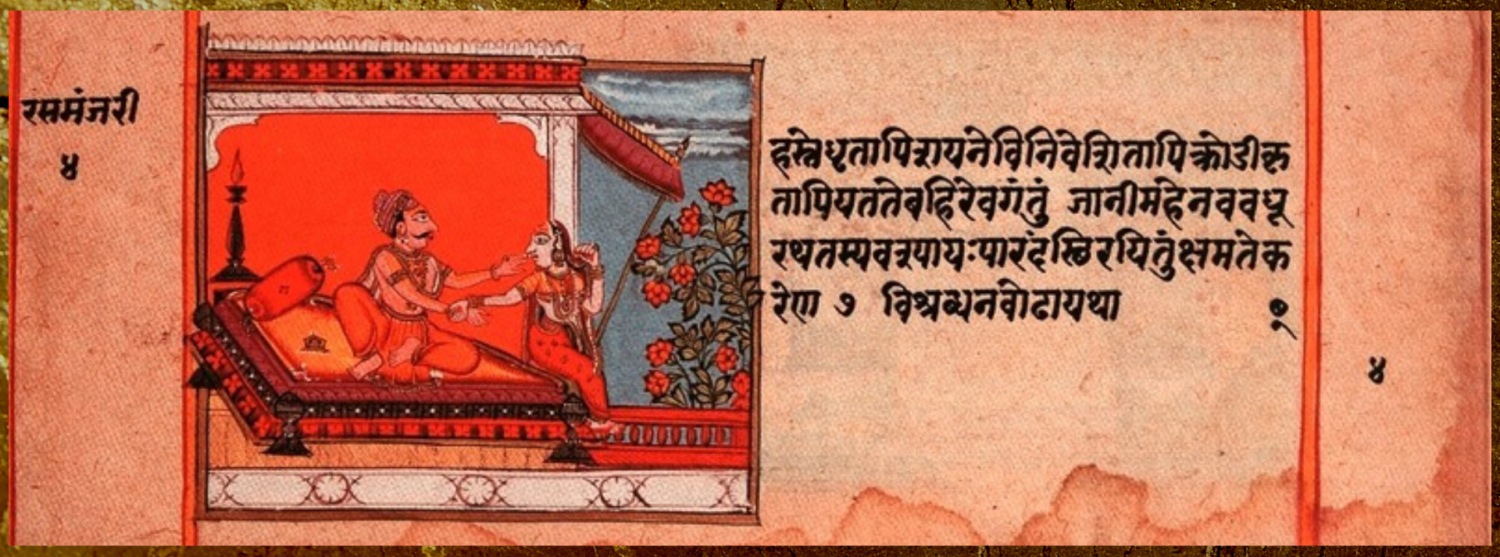Muktabodha and the French Institute of Pondicherry (IFP) are ready to embark on a new project to convert 75 specially-selected Śaiva Siddhanta palm-leaf manuscripts written in the Grantha script, into searchable e-texts.
The IFP is a research centre under the joint supervision of the French Ministry of Foreign Affairs and International Development and the French National Centre for Scientific Research (CNRS). Together with the Indian Centre for Social Sciences and Humanities based in New Delhi, it forms part of the research unit “Savoirs et Mondes Indiens” of the CNRS.
 The IFP was set up in 1955 with the encouragement of Jawaharlal Nehru, then Prime Minister of India, who felt that such an establishment was so important for the study of the Indian world, that it was included in the terms of the treaty of cessation when the French left India in 1954.
The IFP was set up in 1955 with the encouragement of Jawaharlal Nehru, then Prime Minister of India, who felt that such an establishment was so important for the study of the Indian world, that it was included in the terms of the treaty of cessation when the French left India in 1954.
Since 1955, the IFP and the École Française d’Extrême-Orient (EFEO) have been collecting, preserving, and editing Sanskrit manuscripts in order to enable the study of Indian religions from their original sources. They have collected about 10,000 palm-leaf manuscripts from South Indian temples, monasteries, and private collections. Of these, over 8,000 are held in the IFP, while the remaining are kept in the Pondicherry Centre of the EFEO.
 The IFP also holds 1,144 Devanagari paper transcripts of palm-leaf manuscripts that were commissioned and hand-copied by scholars of the IFP, beginning in the 1950s. In 2003, Muktabodha collaborated with the IFP to digitise all of these transcripts that had become fragile by that time, and make them freely available on Muktabodha’s Digital Library. Some of these texts, selected by Dr Mark Dyczkowski, were made into searchable e-texts by the staff of Muktabodha.
The IFP also holds 1,144 Devanagari paper transcripts of palm-leaf manuscripts that were commissioned and hand-copied by scholars of the IFP, beginning in the 1950s. In 2003, Muktabodha collaborated with the IFP to digitise all of these transcripts that had become fragile by that time, and make them freely available on Muktabodha’s Digital Library. Some of these texts, selected by Dr Mark Dyczkowski, were made into searchable e-texts by the staff of Muktabodha.
The current project renews the collaboration between Muktabodha and the IFP. The 75 texts especially selected for the project consist of Śaiva āgamas (mulāgamas or main āgamas, and upāgamas or subsidiary āgamas), Śaiva stotras, South Indian Śaiva commentaries and related manuals, in Grantha and all dating from the 16thcentury CE onwards. The addition of these 75 Śaiva āgamas will complement and enrich Muktabodha’s current holdings of Śaivite texts in its Digital Library collections.
 As per the agreement, two scholars will be based at the IFP and given specialist training in the Grantha script by Dr Deviprasad Mishra, currently in charge of the collection, and Dr Hugo David, Head of the Indology Department and an expert on Indian philosophy. An added benefit to this training will be to ensure the transmission of skills in reading Grantha script to a whole new generation of young scholars.
As per the agreement, two scholars will be based at the IFP and given specialist training in the Grantha script by Dr Deviprasad Mishra, currently in charge of the collection, and Dr Hugo David, Head of the Indology Department and an expert on Indian philosophy. An added benefit to this training will be to ensure the transmission of skills in reading Grantha script to a whole new generation of young scholars.
This project furthers Muktabodha’s mission to preserve and make available rare and endangered elements of India’s rich philosophical and scriptural heritage. The searchable e-texts resulting from this project will provide scholars and students of Śaiva religion, philosophy, history, and allied disciplines with valuable new tools for understanding, in particular, the origins and development of Śaivite traditions in South India. In this way, the collaboration between Muktabodha and the IFP will help bring to light a relatively little-studied current in the vast stream of knowledge that India has contributed to the spiritual wealth of the human family.
The project is expected to take three years to complete.

